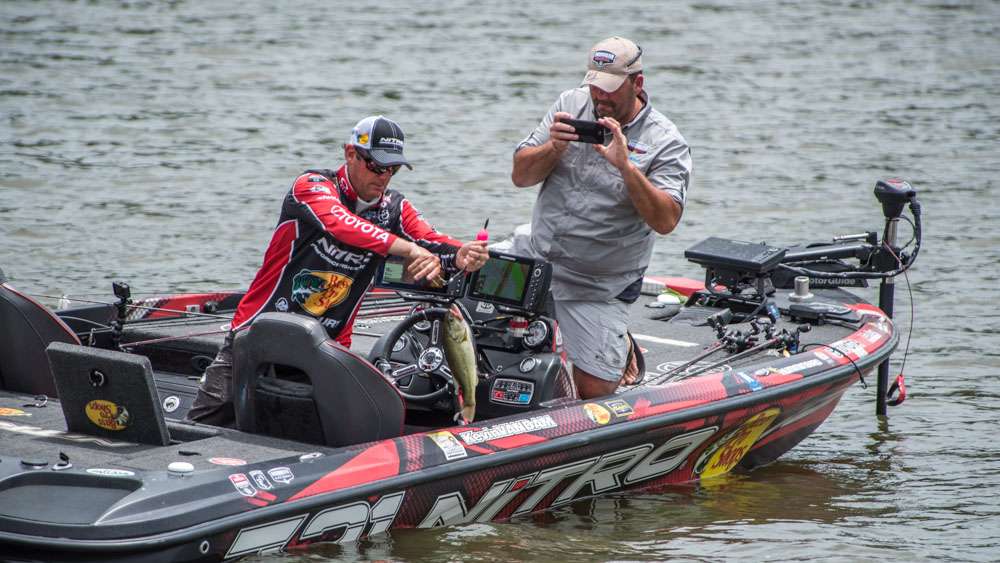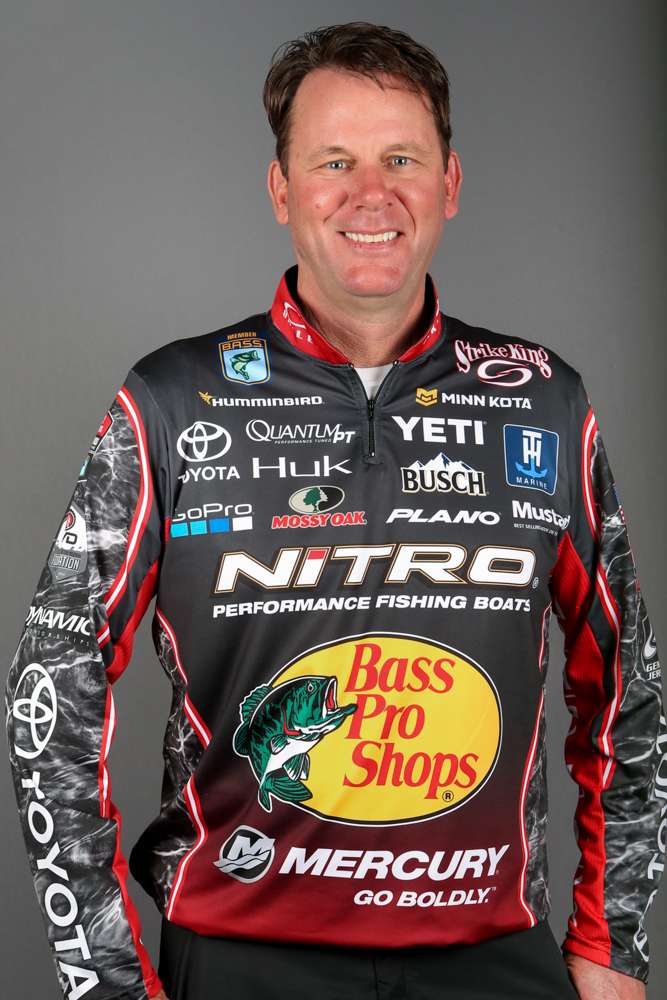
As I prepare for our Elite schedule northern swing to New York and back to Michigan, it reminds me of important considerations all anglers should remember when going on out-of-state fishing trips.
Fishing licenses and regulations.
It’s something touring pros must take seriously at every event we attend. We have to buy licenses everywhere we go and sometimes we are required to have multiple licenses.
For example, when we’re in New York we have to have a New York license and an Ontario Canada license. When we are St. Clair, we’ll need Michigan, Ontario and an Indian Reservation license. (For details on license requirements at St. Clair, visit former Bassmaster pro Gerry Gostenik’s website, www.greatlakesbassfishing.com.)
As tournament anglers, we never know where the fishing pattern will take us so we have to be prepared for everything. The last thing any pro wants to do is get ticketed for not having proper licenses.
Of course, some states have reciprocal agreements, meaning if you’re on a lake that is shared by multiple states, you may only need one state’s license.
But that isn’t always the case and why it’s critical to visit each state’s fish agency website and read what licenses are required. For example, the site for New York fishing licenses spells out what areas of Lake Champlain is reciprocal and which ones aren’t.
It costs a touring pro an average of $60 per tournament in license fees, especially when fishing out of our home state. Honestly, I don’t mind paying non-resident fees because I know they help fund fisheries research and provide us with nice public launch sites and hatcheries. It takes a lot of money to maintain those as well as construct them. In my mind, it’s still a bargain.
You also should study regulations for each state and know where those state boundaries are. There are those rare circumstances where the bag limit, size limit or even culling regulations will differ, depending upon where you are on the lake or river.
I always research regulations well before an event even if I’m familiar with the body of water. You never know when there might be a change that occurred the last time you fished there.
Of course, we have a huge advantage at the tournaments because B.A.S.S. invites state fishery personnel to our pre-tournament meeting to go over regulations and detail any special off-limit areas and fishing restrictions.
You have to credit B.A.S.S. with the great inroads they’ve made in recent years with all states, and particularly northern states where tournament fishing hasn’t always been well received. A lot of credit goes to Gene Gilliland, B.A.S.S. conservation director who has worked hard to build relationships and educate state fishery agencies. It helps that Gene formerly worked as a fisheries biologist for Oklahoma, so he has the knowledge, respect and rapport with other fish managers.
States discover what a Bassmaster event can do for them as far as gaining exposure for their lakes and generating more fishing license money. They also realize that B.A.S.S. wants to protect the bass fishery as much as they do.
As a result of those efforts, state fish managers develop a better understanding of competitive fishing and show more willingness to work with B.A.S.S. Nation clubs within their respective states.
And that is why it’s all about the attitude!
Kevin VanDam’s column appears weekly on Bassmaster.com. You can also find him on Facebook, Twitter and Instagram.

